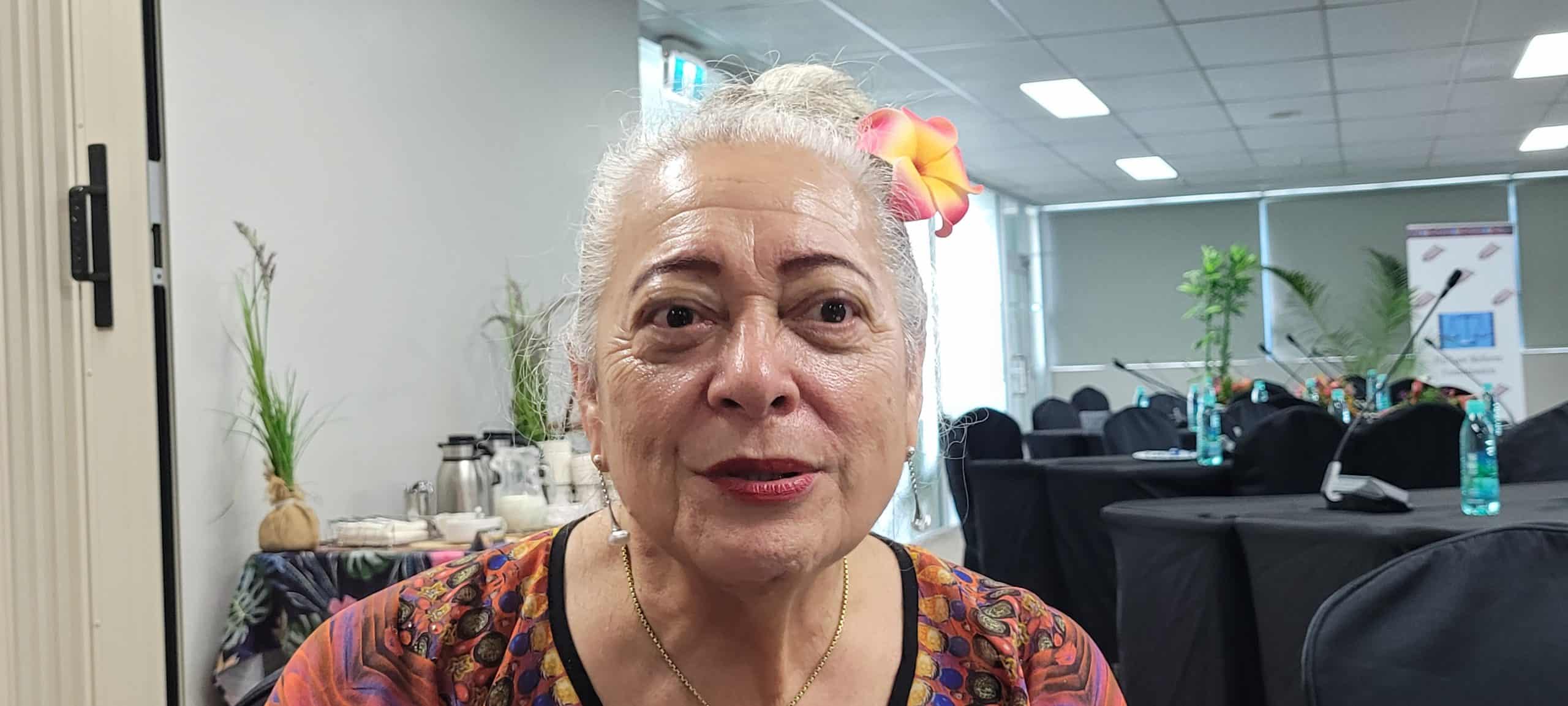Cook Islands was the first Pacific nation to pass laws relating to right to information, but Ombudsman Niki Rattle says it may be time to review it and “have a look and see how we can do things better”.
The Freedom of Information Act 2009 allows people to request official information held by Cook Islands government ministers, and certain central and local government agencies.
It lays out how such requests should be handled . . .
Please Subscribe to view full content...
